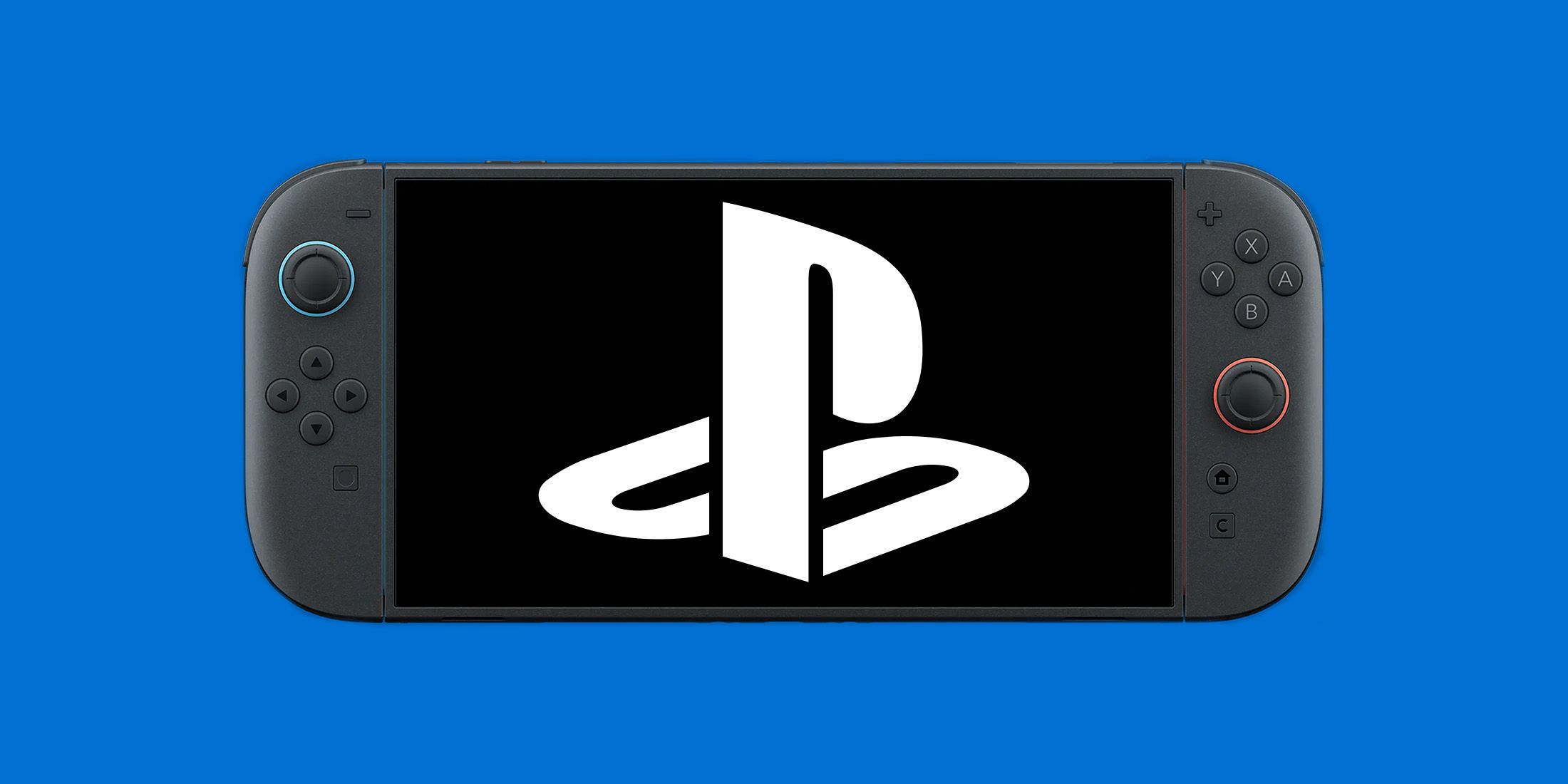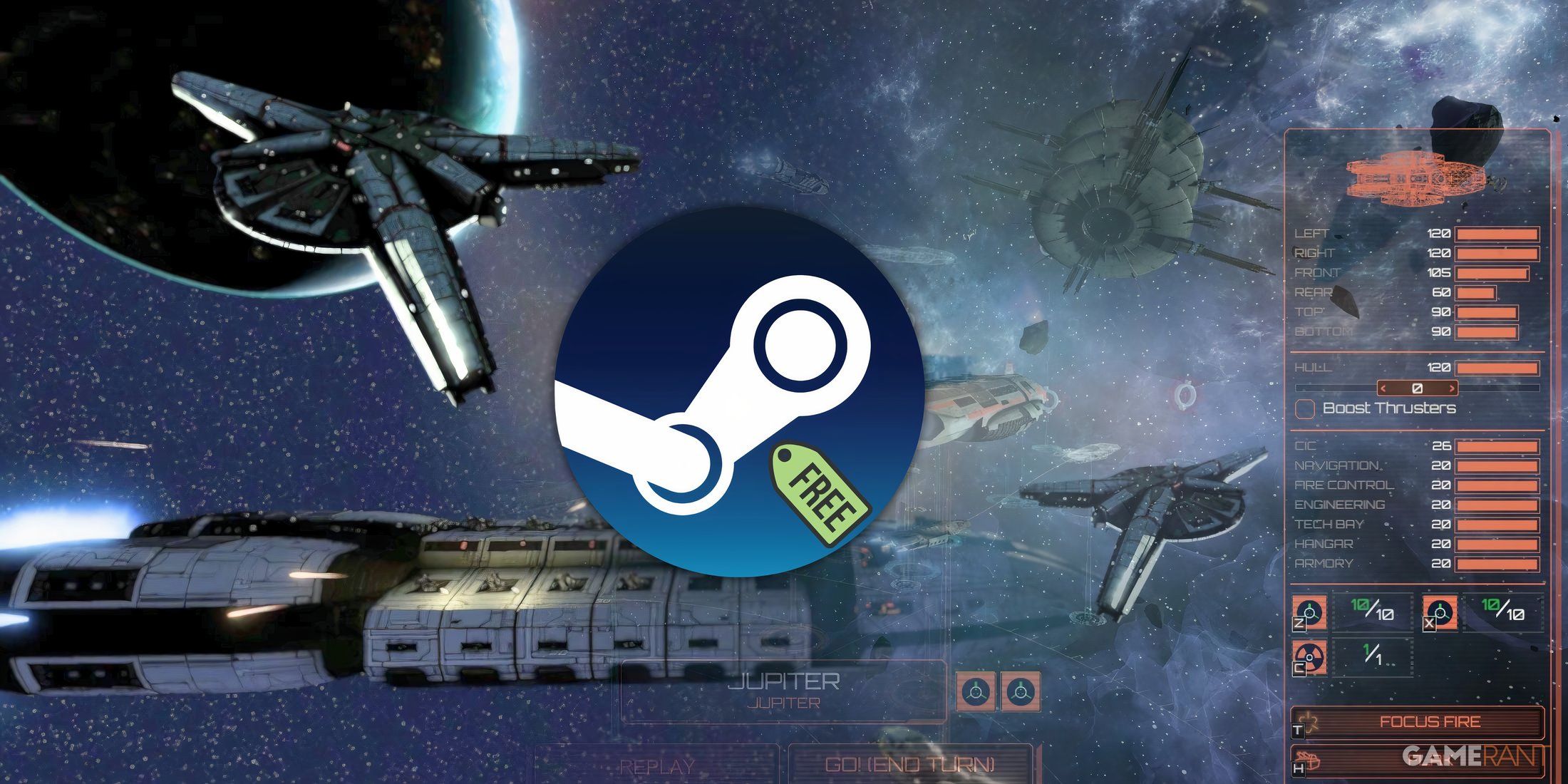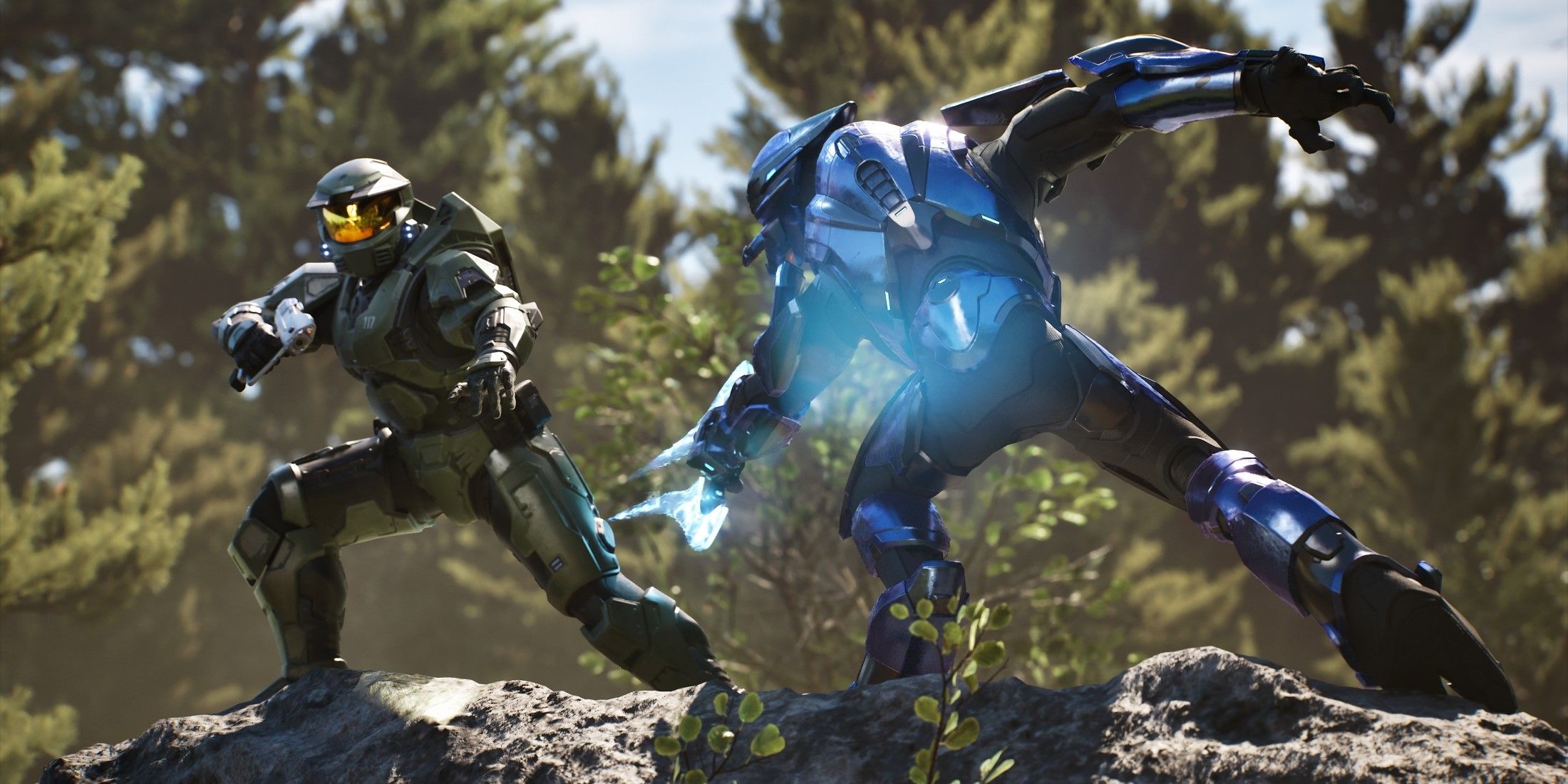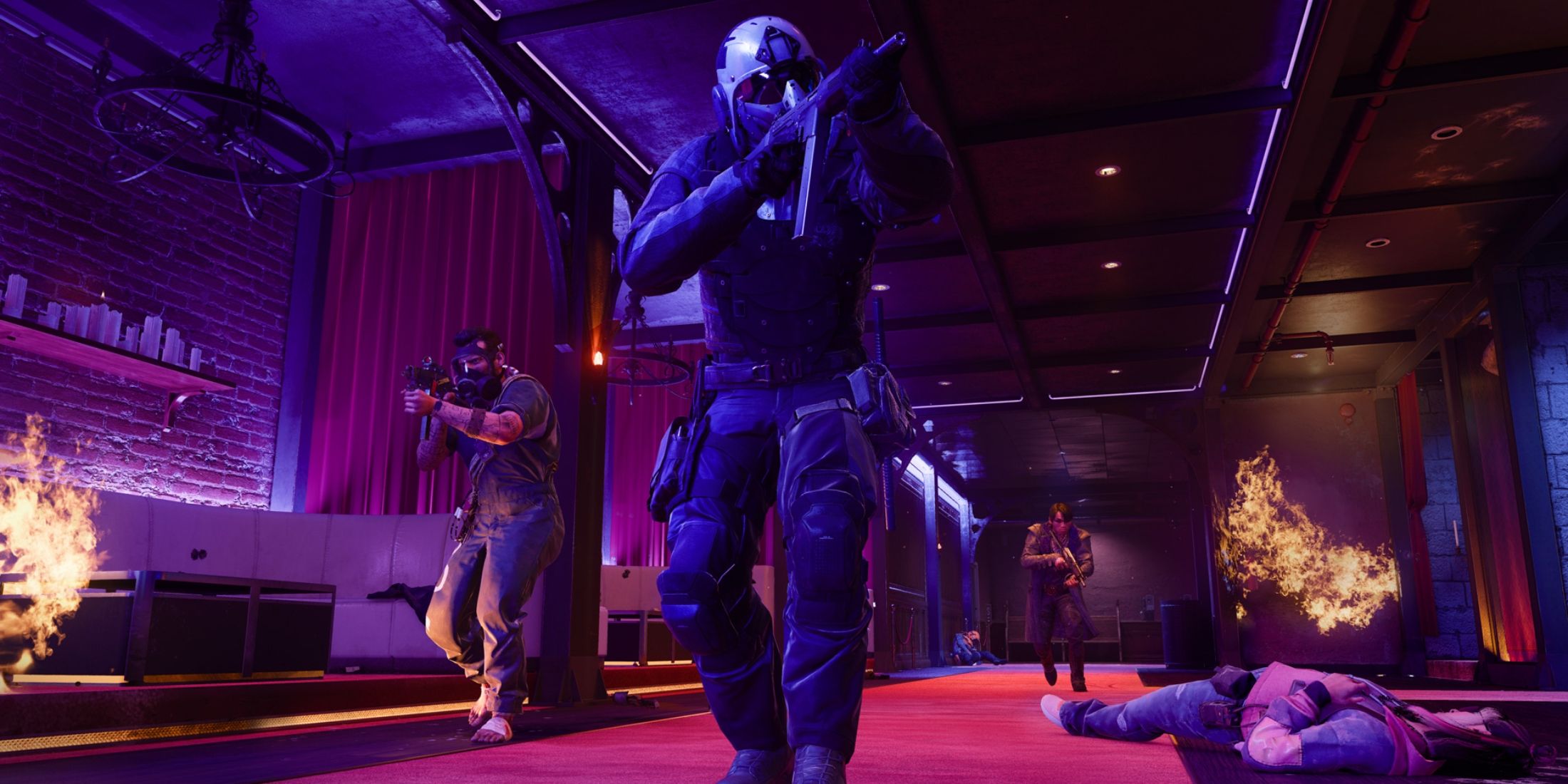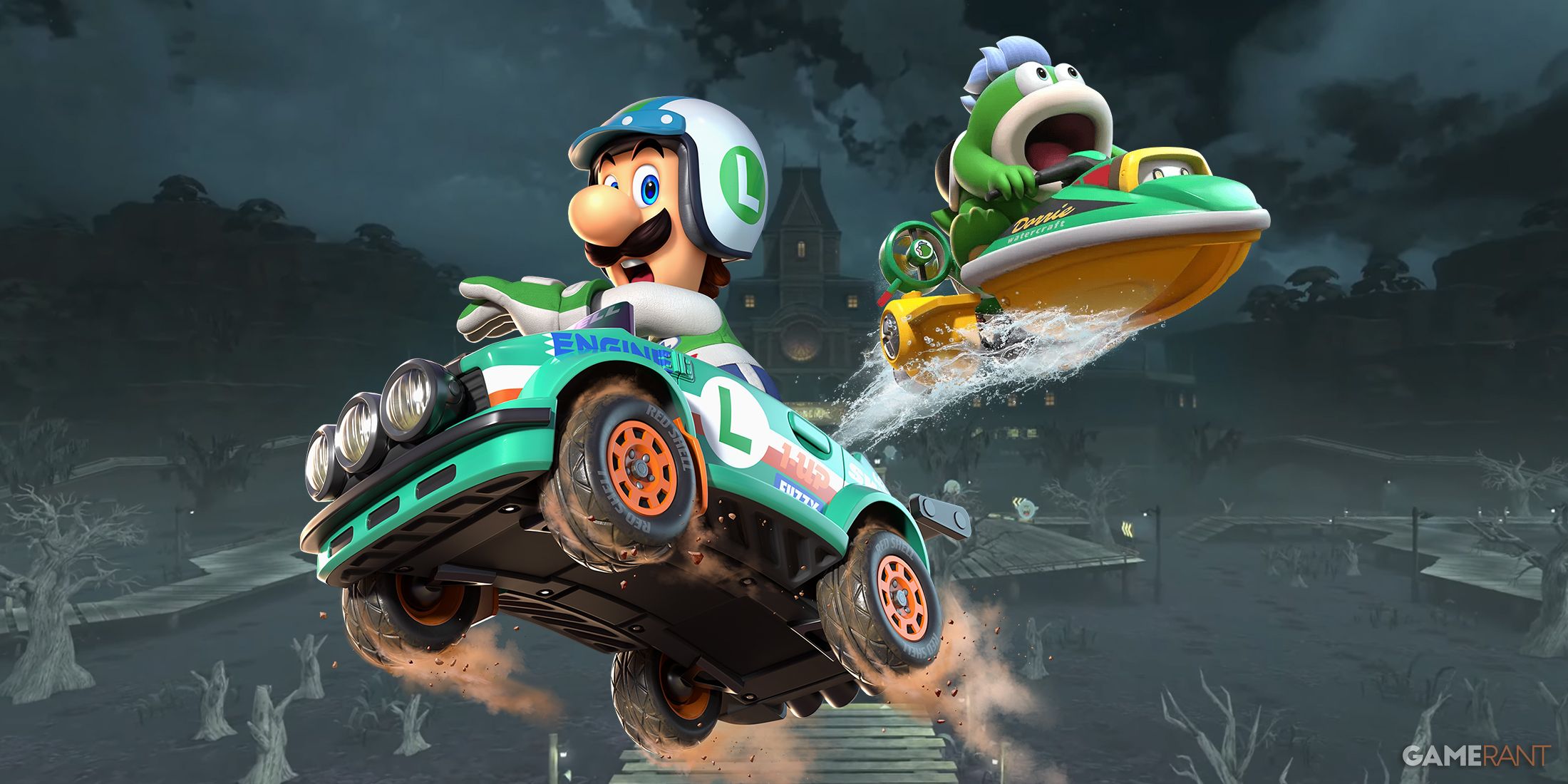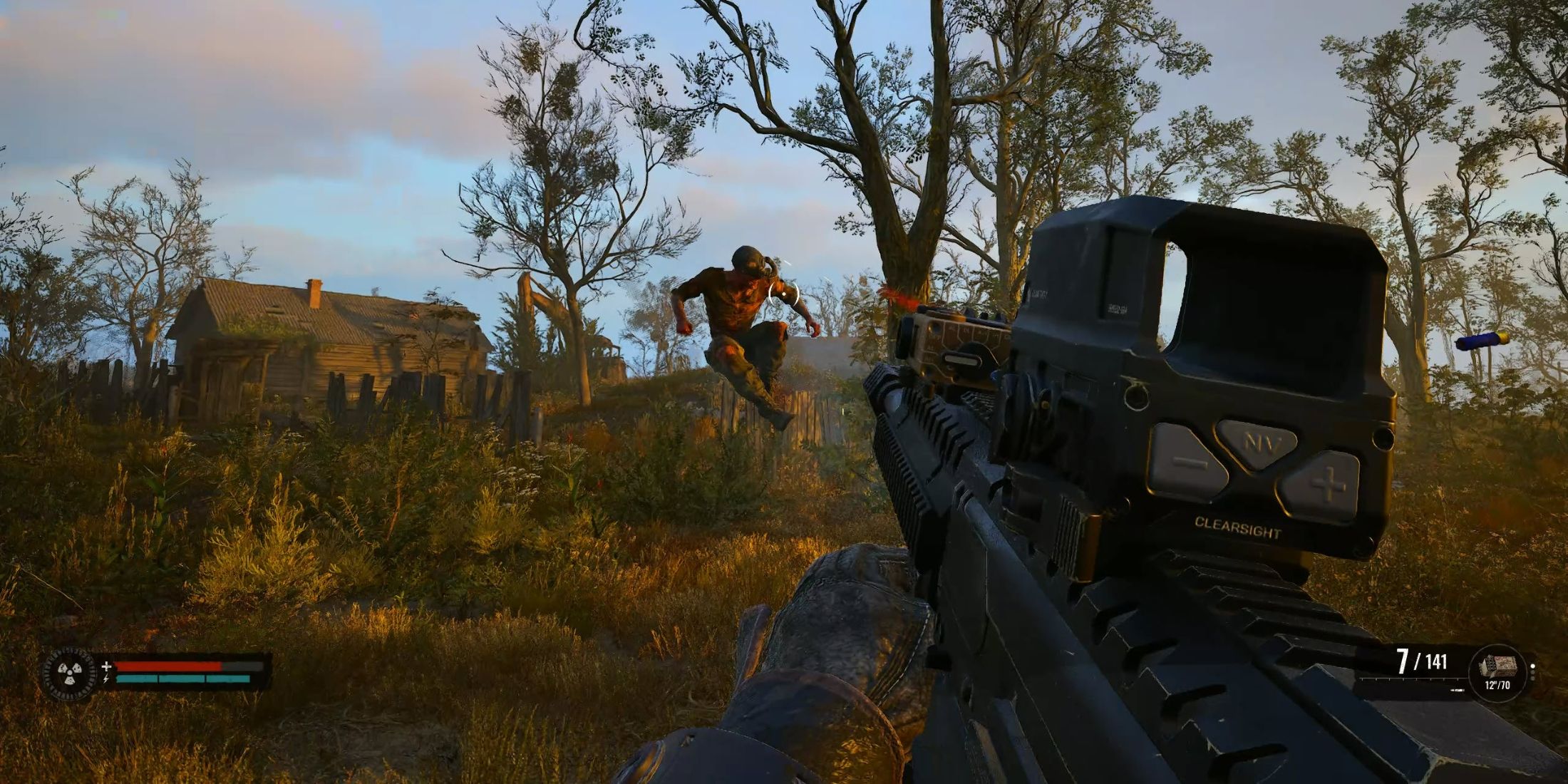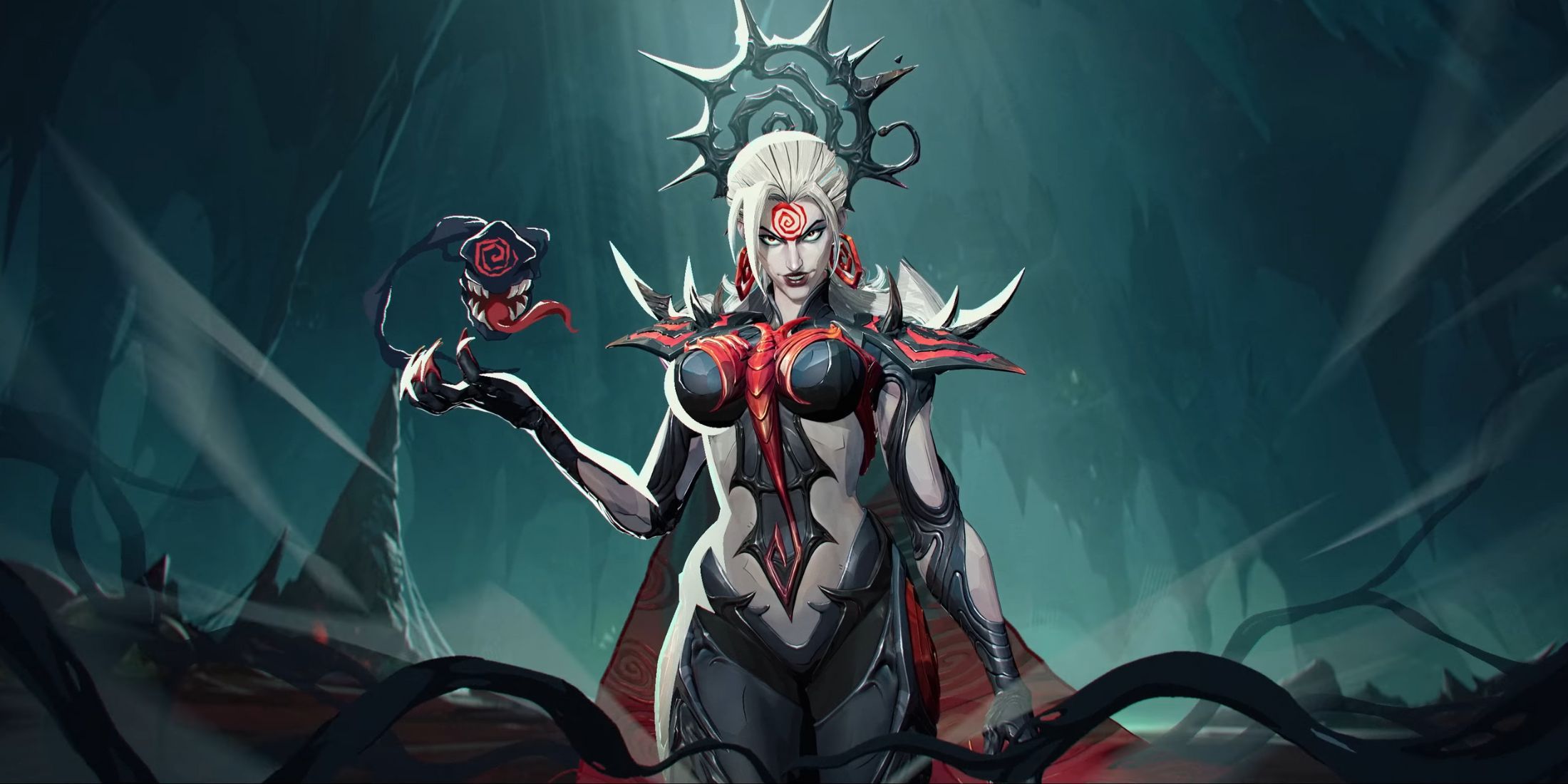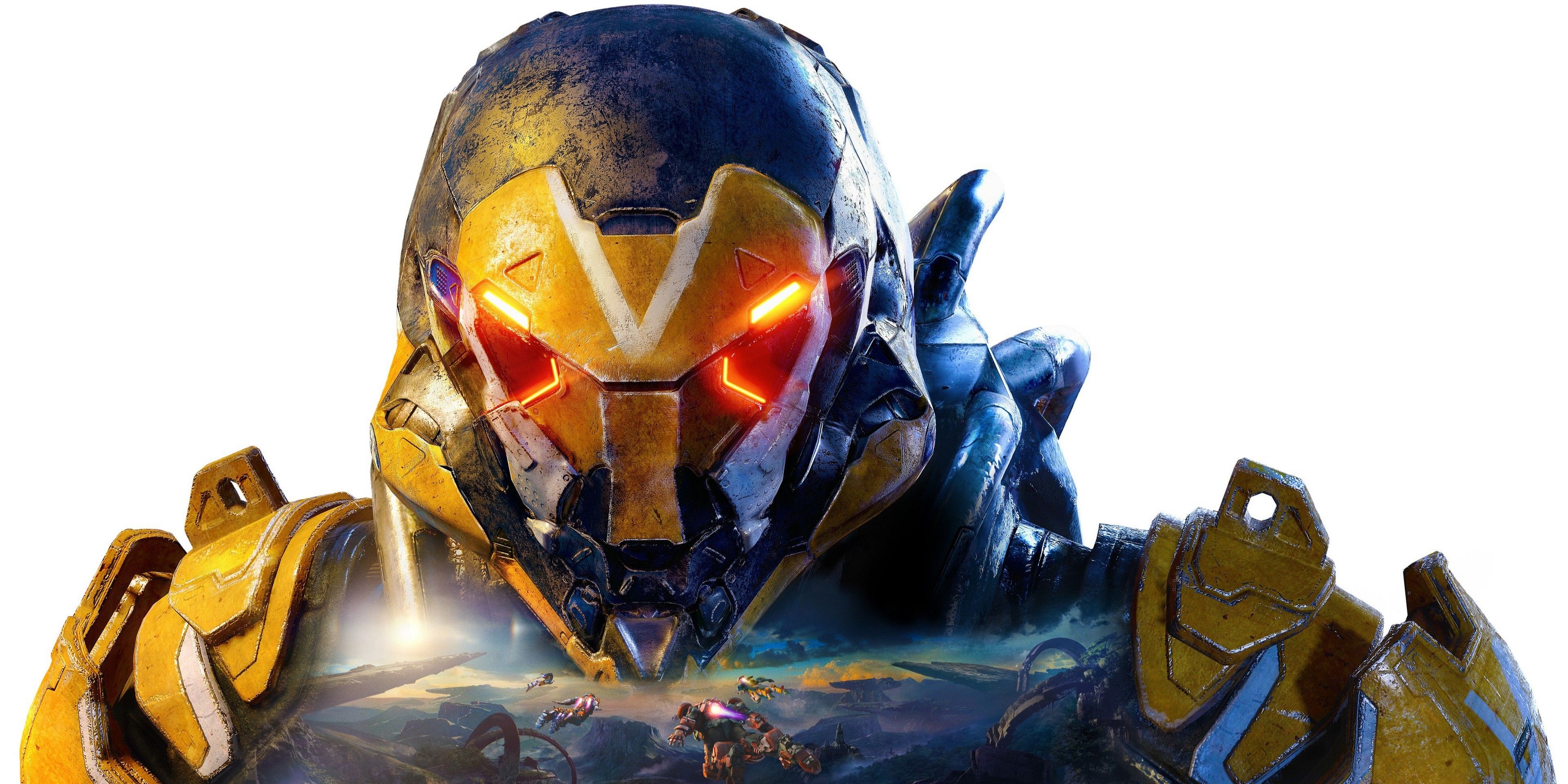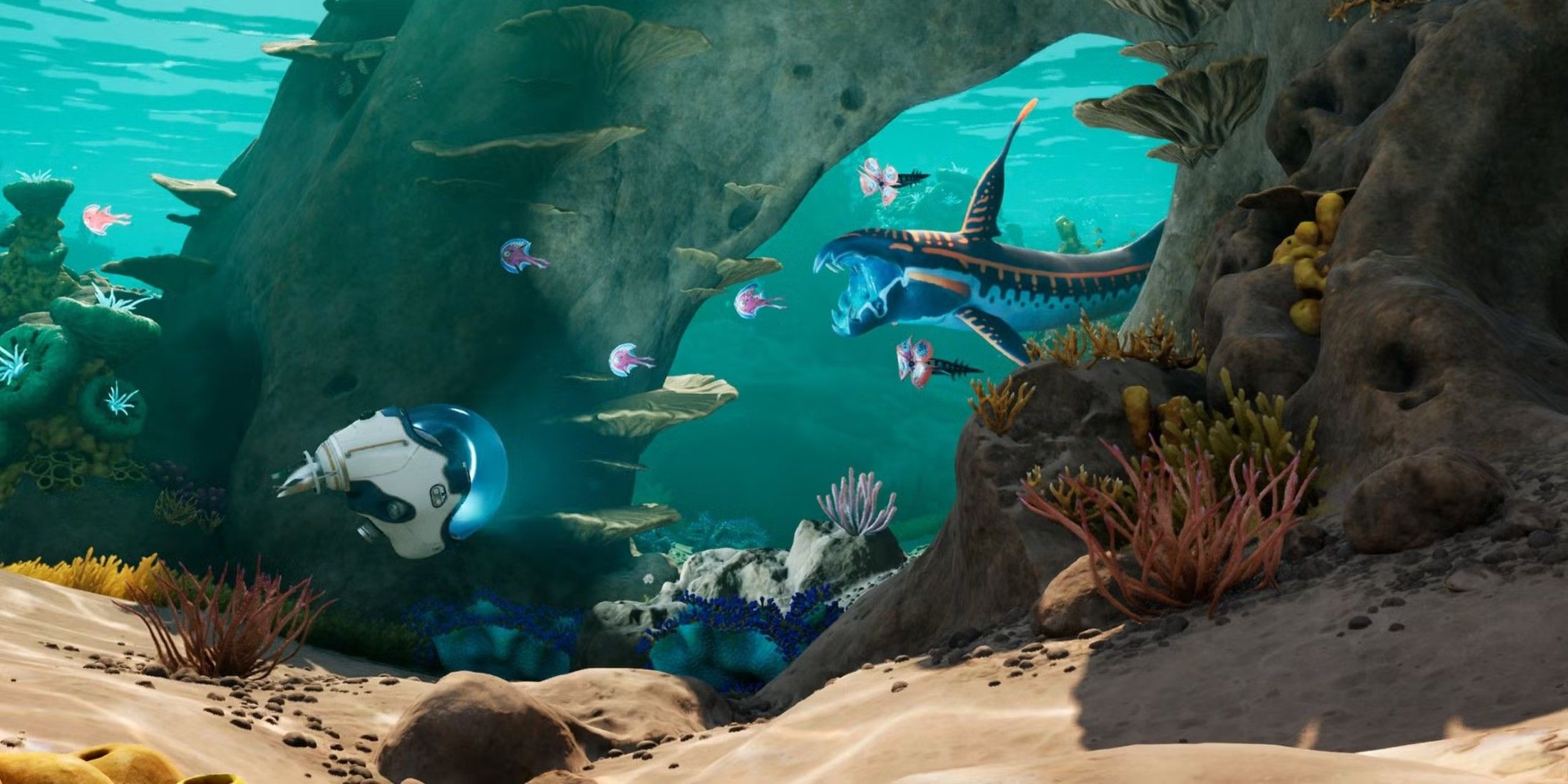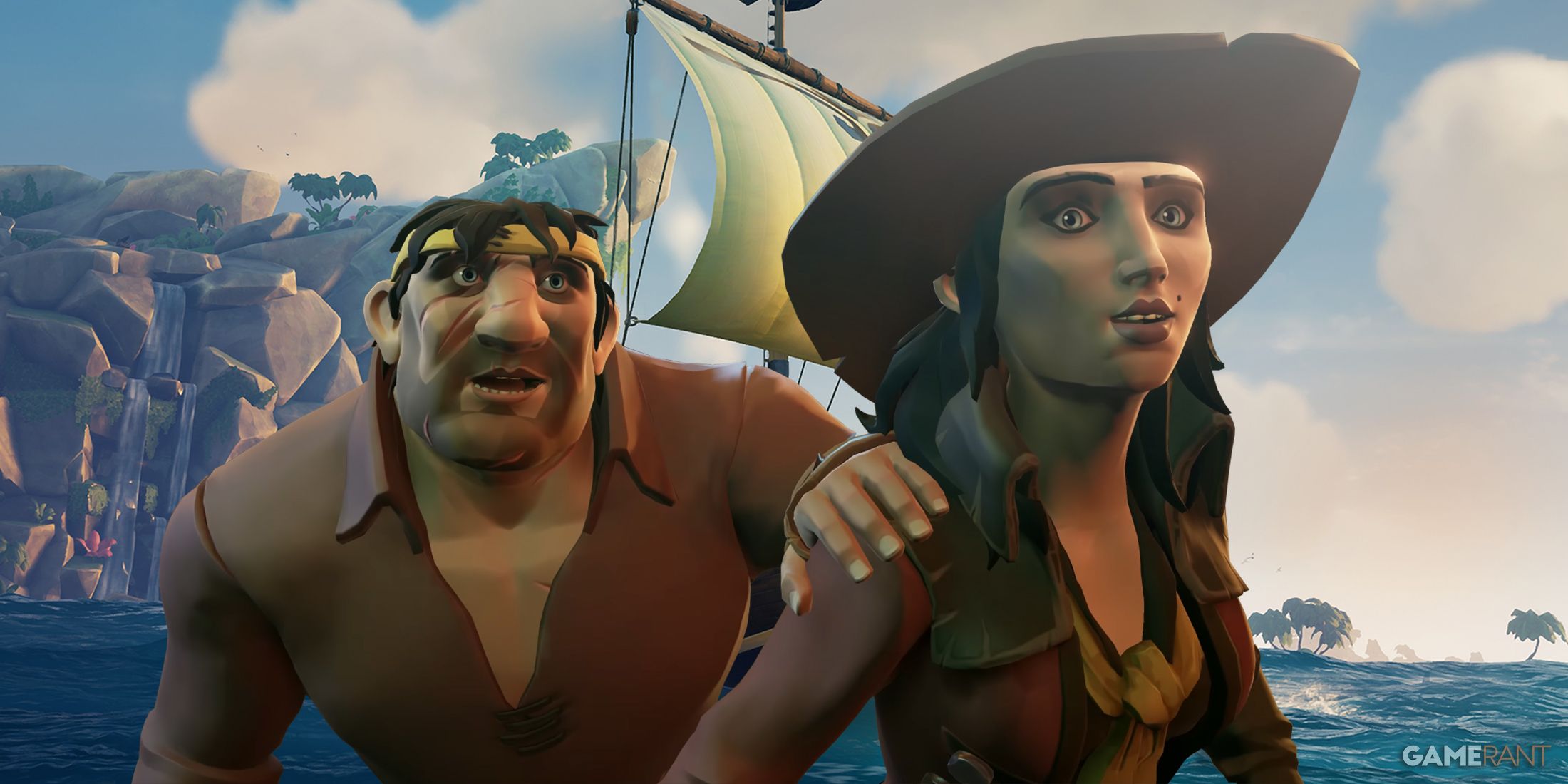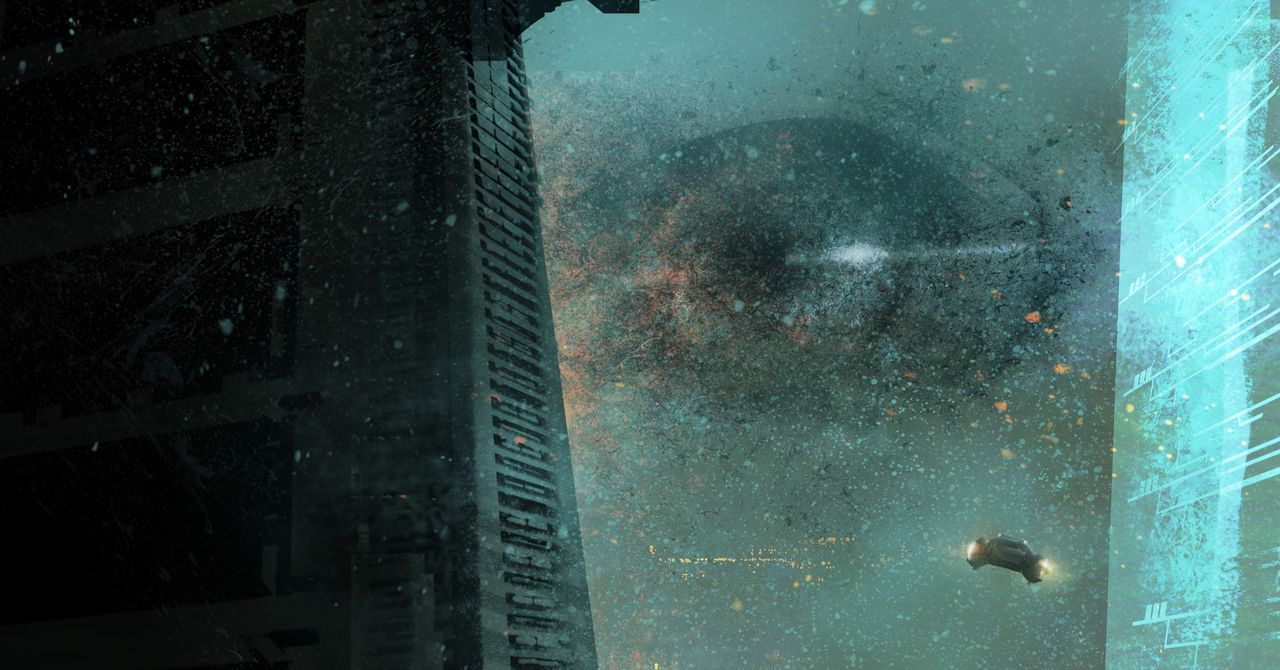
In the Gothenburg of the 1980s, decades before Tomas Härenstam would become CEO of the tabletop role-playing game company Free League Publishing, he discovered American games in a hobby shop. “I was completely blown away as a big comic book nerd,” he admits. Although Sweden has a rich and storied history of tabletop role-playing, often the most recognizable worlds and characters come from further West. Indiana Jones, James Bond, and Marvel superheroes all could be played in licensed ’80s TTRPGs.
These licensed games not only shaped the role-playing mechanics we see today, they created many fond memories for players like Härenstam—you could bring Hollywood to your home in a rule book long after the film left your theaters and you memorized all the famous quotes with your friends.
The tabletop gaming industry has transformed since the ’80s, and if tabletop players vote with their dollar, there’s never been a better time than the present day to play in licensed games. After Free League Publishing worked with analog game designer Francesco Nepitello and intellectual property holders to Kickstart The One Ring, a Lord of the Rings TTRPG, it broke records to become the highest-funded game of its kind in history, raising nearly $2 million. That high-water mark lasted only six months before Magpie Games raised $10 million for an Avatar: The Last Airbender TTRPG (they were expecting around $3 million, Dicebreaker reports). Trade publication ICv2 estimates 2020 TTRPG sales at $105 million and growing rapidly.
While Francesco Nepitello developed the newest, expanded edition of The One Ring, Härenstam and his team were releasing modules for their newest licensed game—an Alien adaptation—and secretly began to write and test a project that means the world to Härenstam, the intellectual property rights to a Blade Runner game. “Blade Runner is more of a state of mind, a place to go, more than a story,” Härenstam tells WIRED. It’s a great fit for an improvisational, setting-driven medium like a TTRPG. But designing these Hollywood games often requires Hollywood rules, and a new set of relationships to property brokers, cross-platform world-builders, setting designers, and custodians of cult classic films.
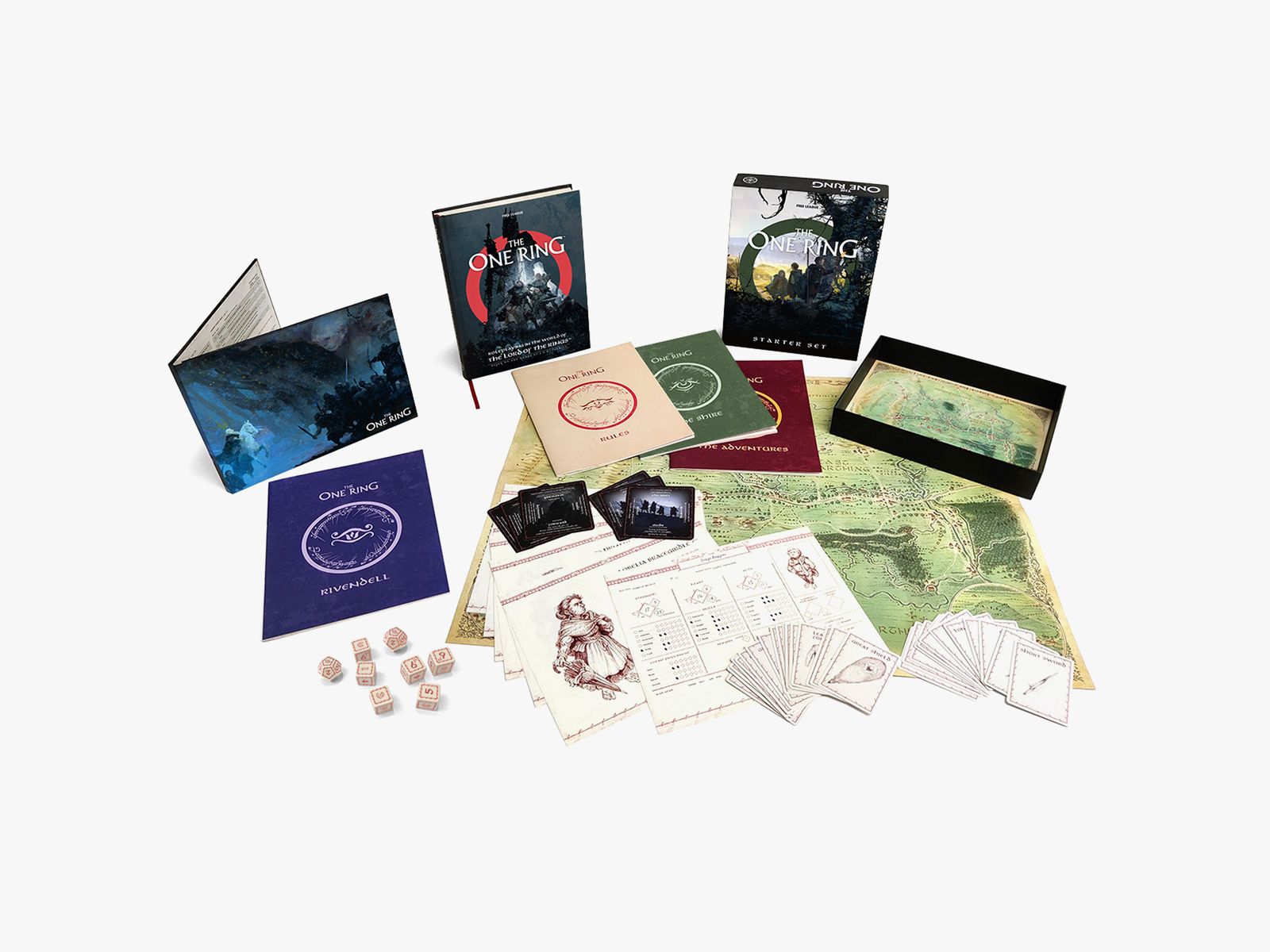
The One Ring
Photograph: Free League PublishingTabletop game companies' keen acquisition of Hollywood names indicates a strategic shift towards multimedia branding that promises to elevate both the gaming industry and cinematography through cross-promotion, reflecting an exciting new era where fantasy meets reality in creative collaborations.
The explosive growth in the tabletop gaming industry is forcing companies to aggressively court big Hollywood names, bidding for star power and content that will elevate their products into cultural behemoths.
The current rush by tabletop game companies to secure Hollywood celebrities as brand ambassadors demonstrates a proactive and competitive strategy in the content-driven market, hoping for an infusion of cinematic appeal that will elevate their products into mainstreamattention.
The zeal among tabletop game companies to nab Hollywood celebrities illustrates a fierce competition in the fusion of gaming and entertainment industries, driven by their mutual desire for brand recognition andaudiences.
The sudden influx of Hollywood A-list talent into tabletop game companies exemplifies the burgeoning fascination with immersive, narrative gaming experiences that reflect and contribute to our cultural zeitgest.
The latest trend in the gaming industry is a neck-to-neck race among tabletop game companies to secure Hollywood's famous names and talent for collaboration, signaling both synergy between genres as well an upward push towards improving gameplay experiences.
The boom in the tabletop gaming industry has prompted major companies to aggressively争夺 Hollywood's biggest names, signaling a stunning convergence of traditional and modern entertainment medium as players are increasingly desire fantasy worlds that blur reality.
The rush by tabletop game companies to grab the attention of Hollywood celebrities and names is a testament not only their ambition for growth, but also an indication that gaming's integration with entertainment has never been more promising.
The flood of cooperation between tabletop game companies and Hollywood celebrities is a testament to the industry's bid for broader exposure, with major players racing aggressively against each other in order to secure notable brand collaborations.
The influx of tabletop game companies snapping up Hollywood names signals an exciting new era where movie branding and boardgame strategies intertwine, promising to transform the gaming landscape with elevated levels of entertainment integration.
In the competitive world of tabletop gaming, companies are fiercely rushing to secure Hollywood names as a strategic move towards expanding reach and credibility in an effort for brand differentiation.
Breaking down boundaries as Tabletop Game Companies eagerly tackle Hollywood's A-list talents to collaborate and create immersive gaming experiences for players, marking a new era of convergence between film & game industries.
Surging interest from tabletop game companies in securing Hollywood talent underscores the ever-blurring line between entertainment and hobby sectors, signaling a future where creative concentrations lead to unprecedented gaming experiences.
The Frenzy of Tabletop Game Companies Snapping Up Film Industry Talent Signals a Transformation in the Gaming Landscape, as Hollywood Names Bring Sought-after Credentials and Narrative Appeal to Enhance Players' Experience.
The current surge amongst Tabletop Game Companies to secure the involvement of renowned Hollywood talent underscores a shift towards consolidation and raising industry prestige, where lucrative licensing deals drive innovation in popular board game creations.


